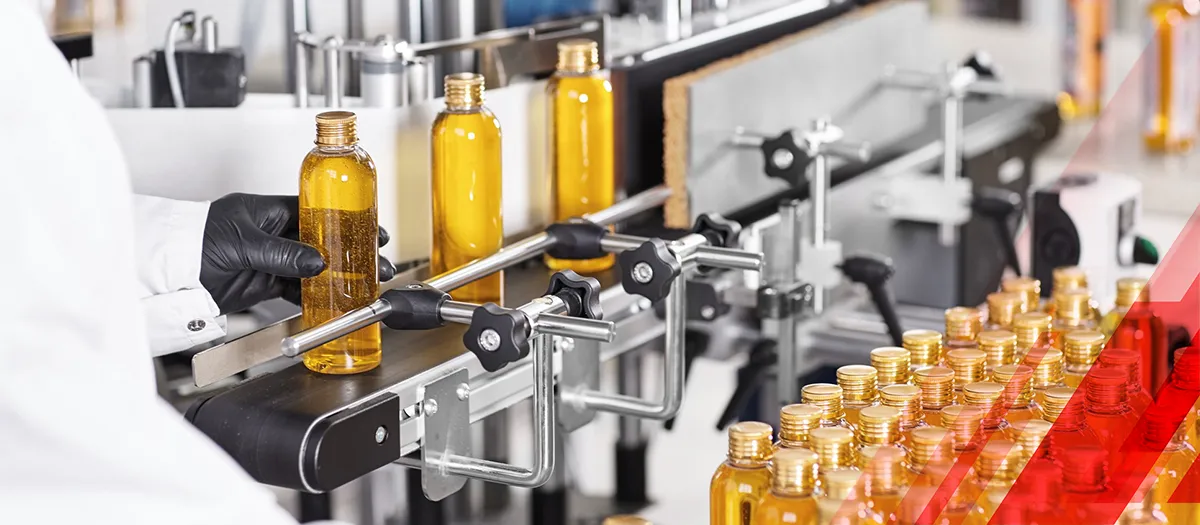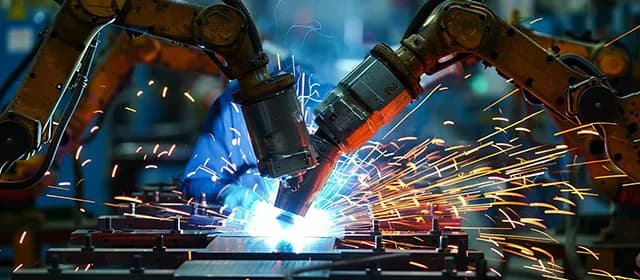Machines that fill materials such as solid, powdery, liquid, cream, or any other texture into their packaging are industrial tube filling machines. Various industries, including chemical manufacturing companies, pharmaceuticals, consumer, oil, and others, use filling machines.
Tube filling machines are utilized for filling creams, gels, ointments, toothpaste, and semi-solid textured materials in aluminum or plastic tubes and waterproofing the tube.
According to a research report published by Kings Research, the global industrial tube filling machines market revenue is projected to reach $1,953.4 million by 2030, expanding at a CAGR (compound annual growth rate) of 4.11% between 2023 and 2030.
In this blog, let us have a look at the characteristics, advantages, applications, and working principles of industrial tube filling machines.
What are the Characteristics and Benefits of Industrial Tube Filling Machines?
Following are the advantages and characteristics of tube filling machines that business decision-makers should consider:
- Precision: Implementing filling machines provides accurate measurements, minimizing product wastage and ensuring consistency in the filling operations.
- Highly Efficient: Embracing these machines will enable the production teams to automate the filling process. It assists in improving productivity and minimizing operating costs.
- Hygiene: Industrial tube filling equipment reduces the chances of leakage or impure particles entering the package, resulting in maintaining the product’s integrity.
- Versatility: Various filling machines cater to a vast range of products based on the texture of the ingredients.
- Tailored solutions: The best industrial tube filling machine allows the product lines to adjust the filling volumes according to their needs to fit the size and shape of the container.
- Affordability: Even though implementing filling equipment would be a significant investment at the start, it will offer long-term benefits by reducing labor costs and minimizing product wastage. Hence, it is one of the most suitable options for various enterprises to save a significant amount of money.
Which Industries Need Filling Machines?
Now that you have a clear understanding of the characteristics and advantages of filling tools, let us see which sectors require industrial tube filling machines to streamline production processes.
1. Food and Beverage Sector
To pack various food and beverage products, such as drinks, sauces, soups, and oils, filling tools are leveraged in this industry.
2. Pharmaceutical Sector
The pharmaceutical industry prioritizes precision and quality in its manufacturing processes to meet the compliance requirements set by the regulatory bodies. Hence, implementing filling equipment plays a crucial role in this sector.
3. Cosmetic Sector
Even the cosmetic industry needs to have accuracy in filling to ensure product consistency and quality throughout the production batches. Embracing filling machines for industrial purposes will help streamline the packaging process of shampoos, creams, lotions, and other cosmetic products.
4. Chemical Sector
Filling machines are beneficial in chemicals and industrial products to ensure precise and safe packaging.
5. Pickling Sector
For even distribution of solids in the pickling industries, filling machines with integrated stirrers are required.
6. Spice and Seasoning Sector
The spices and seasoning manufacturers can use auger filler to pack spices and seasoning powders.
The above-mentioned industries can consider implementing the best tube filling machines that fit their requirements to optimize their production processes.
Working Principles of Industrial Tube Filling Machines
We have briefly covered the benefits and types of tube filling machines in another blog. Let us have a look at how different types of filling machines work:
How Do Tube Filling Machines Work?
Tube-filling machines assist in the manufacturing of plastic, glass, or aluminum tubes. It has an advanced volumetric dosing mechanism, which can streamline the process of filling creams, ointments, and other viscous materials into the tubes. These machines have speed control technologies integrated to accelerate the process of filling the merchandising.
Following is the working mechanism of tube filling machines:
- The equipment has both automatic and semi-automatic operating systems integrated. The machine considers that the production line executes the manufacturing process in an orderly manner.
- In the initial stage of the manufacturing process, various tasks, such as filling, sealing, and printing the batch number, are executed. The production lines execute these activities at designated workstations at particular intervals.
- One of the significant advantages of this revolutionary equipment is that production lines can adjust the capacity and filing rate depending on the specific needs. It is an effective way to assist manufacturing units in achieving accurate and consistent production batches.
How Does Cream Filling Machine Work?
An industrial cream filling machine assists in the packaging of semi-liquids, liquids, and other viscous materials. It is similar to paste filling machines. These machines have an adjustable and versatile control mechanism that helps to fill multiple containers such as tubes, jars, and others. The food, nutraceutical, and pharmaceutical sectors leverage industrial cream-filling machines to streamline their production process.
Following is the working mechanism of a cream-filling machine:
- The ointment-filling machine leverages the volumetric technique to measure the contents accurately. Production teams can adjust the plunger volume to ensure they meet the filling requirements of the product.
- Implementing an automatic system is a perfect choice for filling viscous material in their packets as it has a dynamic setting for refined control. It is an effective way to ensure impure pollutants do not enter the container. For industries that have stringent packaging regulations, this industrial tube filling machine plays an important role.
How Does Bottle Filling Machine Work?
An industrial bottle-filling machine is an ideal option for various industries. An automatic volumetric liquid filling machine is an effective option that works with various surfaces such as plastic, glass, aluminum, and others.
Following is the working mechanism of bottle filling machine
- The industrial automatic liquid filling machine can be integrated with gravity, vacuum, and pressure mechanisms based on the particular needs of the production line. Manufacturing units can leverage vacuum systems to pack syrups and other liquids that have high viscosity. For fluids that flow freely, gravity fillers can be a suitable option.
- Decision makers should consider the product and container type while selecting the right industrial filling machine to make a data-driven decision.
Packing Up Industrial Tube Filling Machines
Industrial tube filling machines have emerged as one of the superheroes of multiple sectors that streamline manufacturing operations. These machines ensure that product quality and consistency are met throughout all the production batches. The characteristics of these machines of being versatile, accurate, and efficient make them a suitable choice for production lines that want to optimize their operations.




